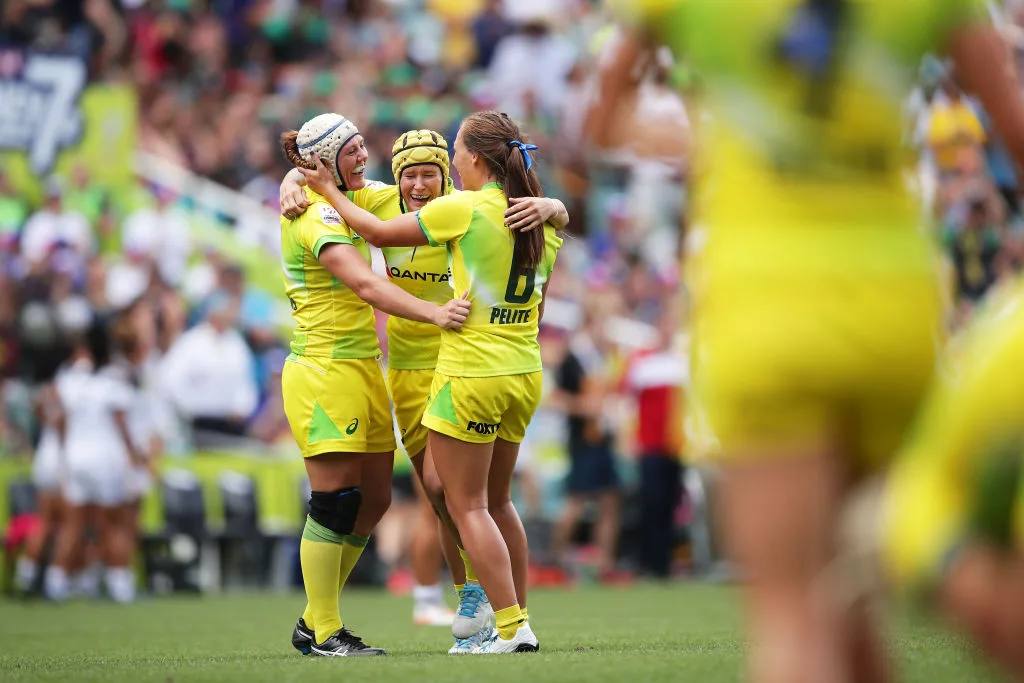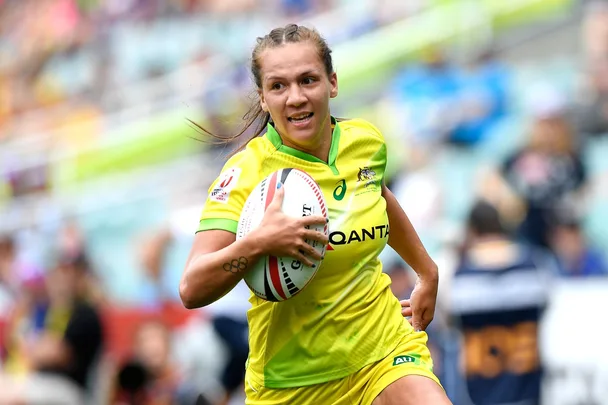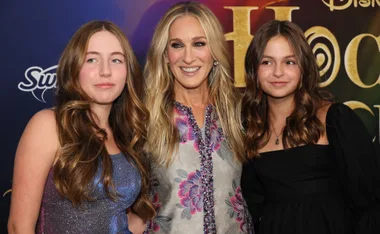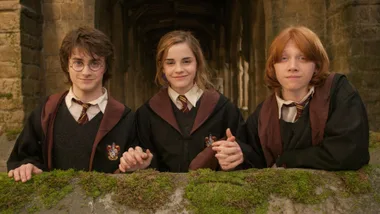Gender diversity, despite starting to receive plenty of attention in other facets of life – at work, in leadership, in politics and entertainment – sport has remained relatively backwards. It’s hard to believe that until recently, in the country’s biggest sporting codes (including cricket and rugby) there have been few opportunities – if any – for women to be paid to play. On our TVs, in our newspapers, and in our stadiums, men have dominated our sporting culture for over a century.
Fortunately though, thanks to the likes of female sporting stars such as Evania Pelite, big changes are starting to happen.
Watch Below: WH Rugby 7s Training
Heading home from the Rio Olympics with a gold medal in tow, Pelite has long been championing young girls to pick up a ball and exposing the game to a wider audience. Originally from Brisbane, Pelite first developed her love of the game as a member of the Queensland Schoolgirls side that went on to win the National Schools Rugby Sevens Tournament on the Gold Coast in 2012. The sports star later became a member of the Australian squad that won Gold at the Rio Olympics in August 2016, now belongs to the Australian Youth Olympic Festival Sevens team that won gold in 2013, and is a dual international, having also represented in Touch Football.
Ahead of this weekends HSBC World Rugby Sevens Series, Pelite is talking parity with male sporting stars, being a role model and how we can improve.
“We’ve seen a huge increase in female interest and participation numbers in sport since the Rio Olympics,” Pelite tells marie claire Australia. “For Rugby Sevens, more young girls are seen with a rugby ball in hand and there are now strong pathways and a national series here in Australia for the Women’s game. Since Rio, we’ve also had the continued support of the HSBC World Rugby Sevens Series to maintain that interest and we’ve continued to see that growth every year.”
“Women’s sport has grown in popularity over the last few years with more sports in Australia offering grassroots opportunities as well as professional opportunities,” Pelite adds. “With more exposure of women’s sport in the media, and more supportive partnerships like HSBC and Rugby Sevens, more women will be inspired to join a sporting program and continue to boost the growth and popularity of sport in Australia.”

In terms of opportunity for women, Rugby 7s is paving the way. In 2018, following negotiations between the Rugby Union Players’ Association (RUPA) and Rugby Australia (RA), it was agreed that male and female Rugby players would receive pay parity at an entry-level. It doesn’t stop there. The current Rugby 7s women’s side, including Pelite, became the first team to become full-time contracted professional athletes.
“Gaining pay parity was a huge step forward for women’s sport in Australia,” Pelite says. “The Women’s Series now have more opportunities to travel the world and play alongside the Men’s Series. With six tournaments now combined with Men’s and Women’s, I only hope to see this number continue to increase for many more years to come.”
Rugby isn’t the only sport making headway though. Cricket Australia launched the Women’s Big Bash League (WBBL), a domestic women’s 20-over a side competition. It was an immediate hit. In fact, higher-than-expected ratings even prompted broadcaster Channel 10 to move some of the games from their secondary digital channels on to their main channel. It even out-rated some men’s A-League soccer matches. Women’s football has also drawn large audiences. Throughout 2016, women’s AFL teams played a number of exhibition matches, culminating in an all-star game in early September. The game was a rating smash, with the highest average audience in Melbourne of any game – men’s or women’s – during the 2016 AFL season.
It’s women such as Pelite who are paving the way for parity, something she and the team don’t take lightly.
She says, “With the success, our team has had in previous years there is a higher expectation of us as players and as a team that we hold ourselves accountable to. As a gold medalist the expectation is to always come first, so when we do fall short of that sometimes, it can be challenging to pick yourself back up from that. But it is important as a role model to stay humble in success and gracious in defeat. That’s a key message I want young girls to always remember.”
“Growing up I didn’t have a female rugby player to idolise, there were only males. So, to have young girls look up to me and have a goal of one day playing rugby for Australia is a role that I definitely do not take lightly.”
To find out more about the HSBC Sevens series happening in Sydney on February 1 – 2, see here.
Gender diversity, despite starting to receive plenty of attention in other facets of life – at work, in leadership, in politics and entertainment – sport has remained relatively backwards. It’s hard to believe that until recently, in the country’s biggest sporting codes (including cricket and rugby) there have been few opportunities – if any – for women to be paid to play. On our TVs, in our newspapers, and in our stadiums, men have dominated our sporting culture for over a century.
Fortunately though, thanks to the likes of female sporting stars such as Evania Pelite, big changes are starting to happen.
Watch Below: WH Rugby 7s Training
Gender diversity, despite starting to receive plenty of attention in other facets of life – at work, in leadership, in politics and entertainment – sport has remained relatively backwards. It’s hard to believe that until recently, in the country’s biggest sporting codes (including cricket and rugby) there have been few opportunities – if any – for women to be paid to play. On our TVs, in our newspapers, and in our stadiums, men have dominated our sporting culture for over a century.
Fortunately though, thanks to the likes of female sporting stars such as Evania Pelite, big changes are starting to happen.
Watch Below: WH Rugby 7s Training










